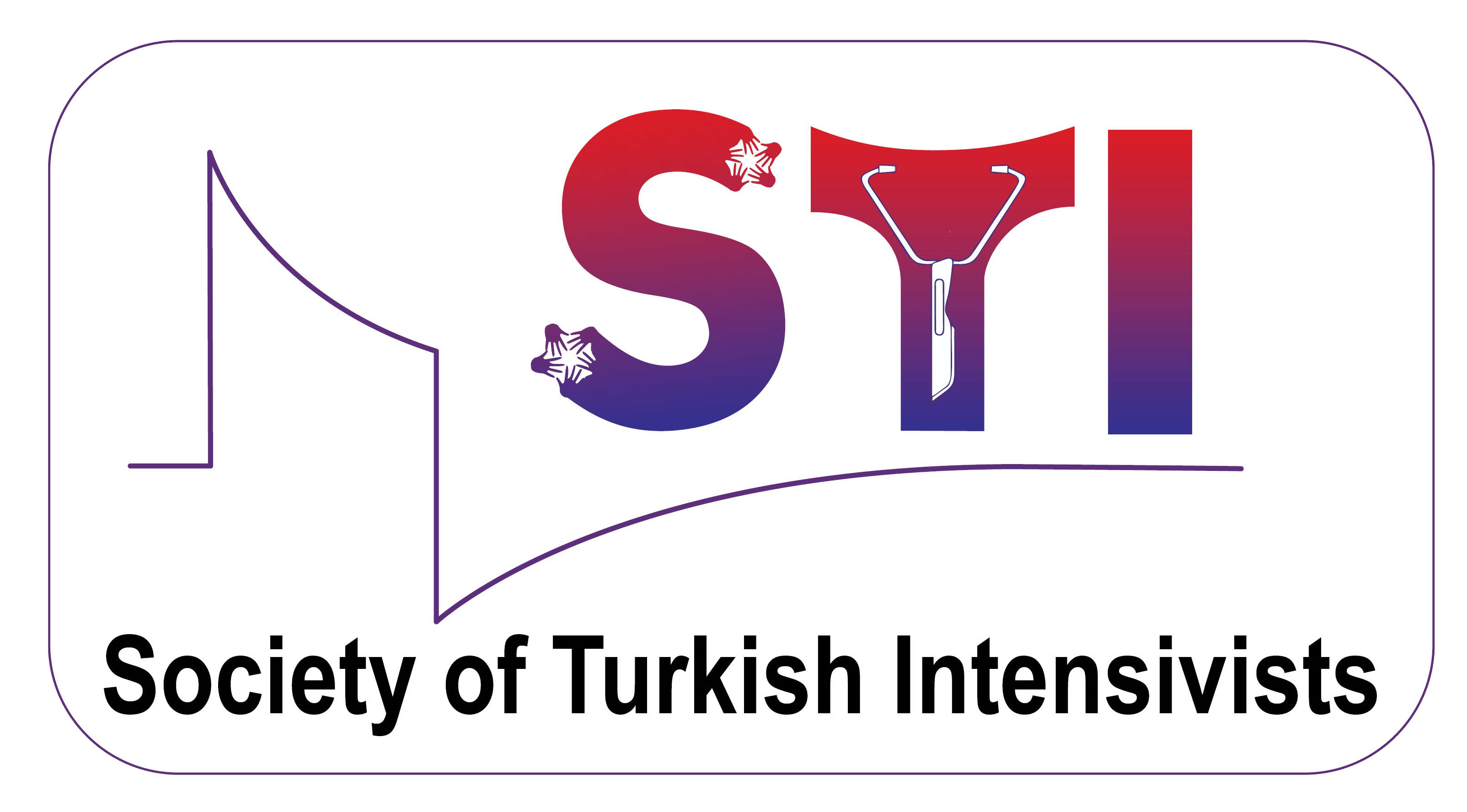2Division of Critical Care Medicine, Department of Internal Medicine, Faculty of Medicine Siriraj Hospital, Mahidol University, Bangkok, Thailand
Abstract
Introduction: Prone positioning is conventionally done early in patients with acute respiratory distress syndrome (ARDS), regardless of concurrent treatment with veno-venous extracorporeal membrane oxygenation (V-V ECMO). Its benefits in later phase of disease are less studied. We report a patient with severe ARDS who underwent prone positioning after 44 days of treatment with V-V ECMO.
Case Presentation: A 49-year-old man with severe ARDS following SARS-CoV2 infection was placed under V-V ECMO support as rescue for refractory hypoxemia despite mechanically ventilation with muscle relaxants and prone positioning. His illness was complicated with multiple episodes of hospital-acquired pneumonia and gastrointestinal bleeding requiring transfusions, resulting in failure in weaning ECMO therapy. He underwent five consecutive prone positioning sessions starting from day 44 of ECMO support, which results in improvement in gas exchange and lung mechanics. After 77 days, he could be liberated from the ECMO and continued to improve after his hospital discharge.
Conclusion: Prone positioning may serve as a potential treatment in patients receiving V-V ECMO, even in those who have been supported for longer period.

